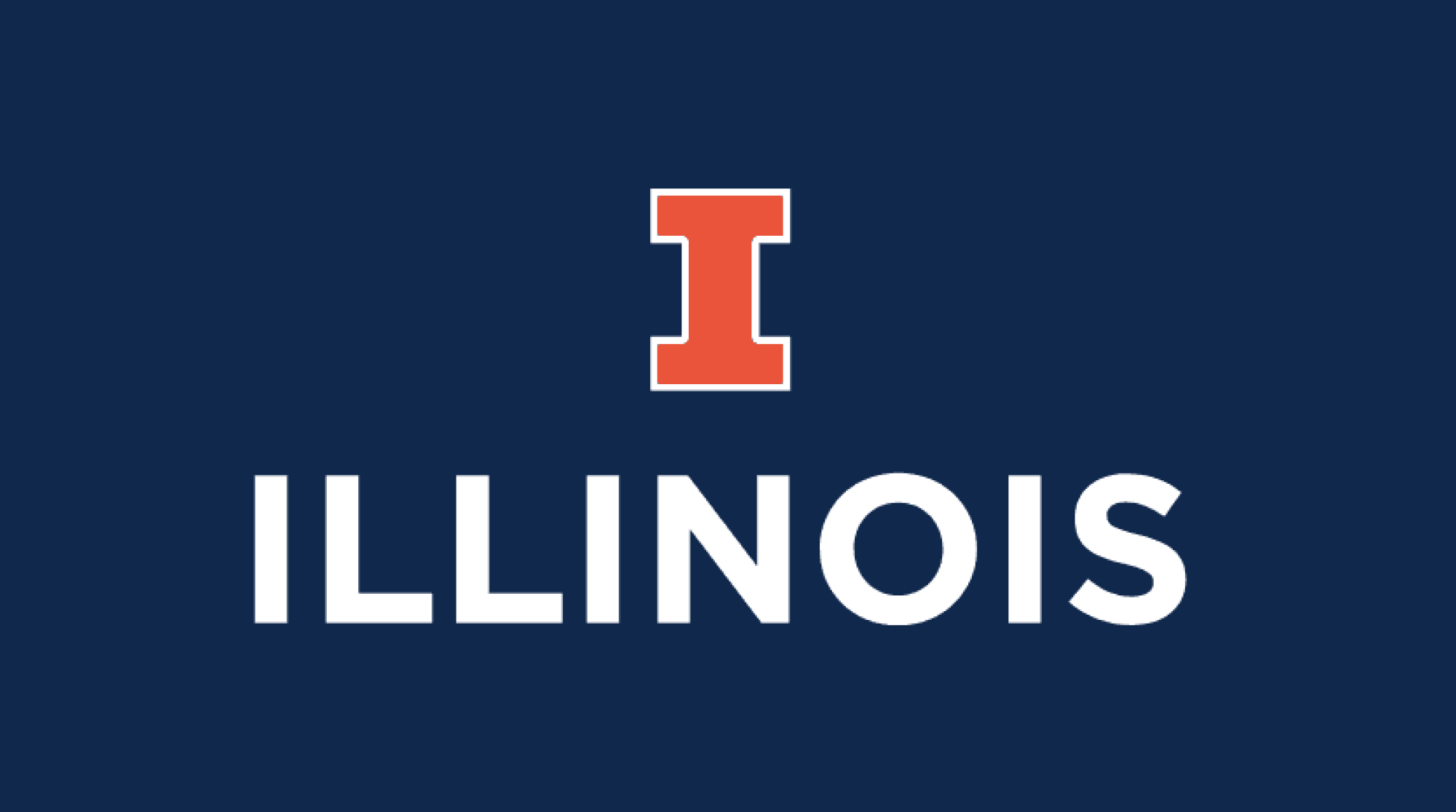The iPALS Wellness Program will be guided by an innovative conceptual framework. Specifically, the four pillars guiding the Program include: (a) social and emotional learning, (b) physical activity, (c) academic enrichment, and (d) nutrition education.
SOCIAL AND EMOTIONAL LEARNING: This component of the Program will be addressed through the application of the teaching personal and social responsibility (TPSR) pedagogical model as the overarching framework for iPALS. The TPSR model is based on the tenets of putting children first and holistic self-development. The model takes a student-centered approach to helping youth learn skills associated with perseverance, resilience, and individual and group processing. The TPSR model focuses on five goals: (a) respect and self-control, (b) participation and effort, (c) self-direction, (d) caring about others and leadership, and (e) transfer. The transfer goal seeks to help youth learn how to apply the first four goals to other peer, school, family, and community activities and environments, and is the overarching purpose of the model.
PHYSICAL ACTIVITY: Evidence suggests that children from communities affected by poverty are at a higher risk for developing sedentary lifestyles that contribute to the incidence of preventable health-related diseases. Accordingly, iPALS will provide youth with the recommended 60 minutes of physical activity each day during the four weeks of the Program. Physical activity will be provided in a developmentally appropriate manner that focuses on developing (a) enjoyment for movement, (b) basic motor competencies required for future physical activity participation, (c) an understanding of the importance of movement for health and well being, and (d) encouragement to continue physical activity outside of the camp.
ACADEMIC ENRICHMENT: This pillar acknowledges that children from communities affected by poverty often experience opportunity and achievement gaps that are compounded through disengagement with academic learning over the summer. We plan to provide academic support and tutoring for all children attending iPALS. Content for this program component will be broad, encompassing math and reading as well as the sciences. Content will be aligned grade-level benchmarks and students’ needs identified by parents, teachers, and test results.
NUTRITION EDUCATION: This component will be based on the United States Department of Agriculture (USDA) MyPlate curriculum for children. The program was developed with the goal to learn about the different MyPlate food groups via interactive games. Example lessons will include “I Eat five Food Groups” and “Dig In! Tasty Veggies at Lunch!” The nutrition curriculum will also include basic food preparation and cooking skills and lessons to promote safe handling of food.

